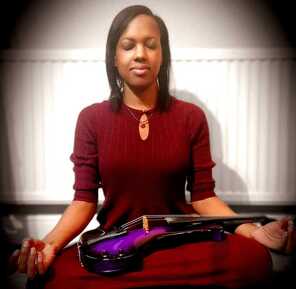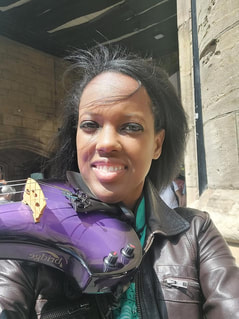What is beginner’s mind? In the beginner’s mind, there are many possibilities. In the expert mind there are few. You can stay true to yourself when your mind isn’t clouded by preconceived notions and judgements. I'm paraphrasing the book a bit here, but what that means to me is that once a person reaches the threshold of thinking they are an expert in something, it's easy for them to forget what it was like when they started and their approach to the task is totally different later on. In the beginning they would've just tried any approach that was instinctively natural to them. Once they have learnt that task, they stop thinking about it objectively and start to be stuck in a certain way of thinking. In order to think like a beginner, the expert has to conciously change their mindset. For example, when you, the expert, go to do an action, rather than thinking “I know this, I've done this hundreds of times,” approach the task as if you know nothing whatsoever about that task, just like a beginner would. I’ve started approaching my violin playing this way. There are some classical pieces I’ve been playing since I was a child, but then I start to think, my fingers aren’t quite bent enough, or the position of my hand isn’t quite right. So I start to play them slowly, really concentrating on each movement to make sure everything is correct. I even do this if I’m playing in an Irish session. Normally I just play the tunes without thinking and wiz through them. But it gets a bit more interesting, particularly if the session is a bit of a slow one, to actually think through each tune as if it is new. Little by little it really helps to improve my playing overall. Although sometimes when I’m performing there’s just no time to force myself to do all these movements so I just have to do what works. This means, sometimes my double jointed fingers go flat at the knuckles or my wrist isn’t in the right position. But I make a vow to myself to go over it slowly when I have time to practise so that eventually I will be able to play it right every time.
However, if you approach busking with a beginners mind, then you can start to look at the city or town you normally busk in as a whole and just try different places. In that situation you don’t know if the random pitches you choose will be good or not, but at that moment it seems like there are a lot of people walking through there, for example. You may end up finding a new spot you would not have thought of before (although I would recommend caution with this because some areas are private land or regulated by the local council). I did that when I was desperately trying to find a spot one day in Lincoln and discovered that playing at the train tracks is good because people are forced to listen to you while they wait for the train. However, a better approach would've been to just try it because it is something new, rather than out of desperation to find a pitch!
It’s also a good idea to rethink your performance overall. As a busker, what do you think are some different techniques or styles of playing that would make you more entertaining to watch? Put your answer in the comments below!
6 Comments
|
AuthorSerena Smith is an American British violinist and fiddle player. I play full time as a street musician in addition to the live gigs I perform with several bands. Archives
December 2023
Categories |
© COPYRIGHT 2024. ALL RIGHTS RESERVED.



 RSS Feed
RSS Feed
